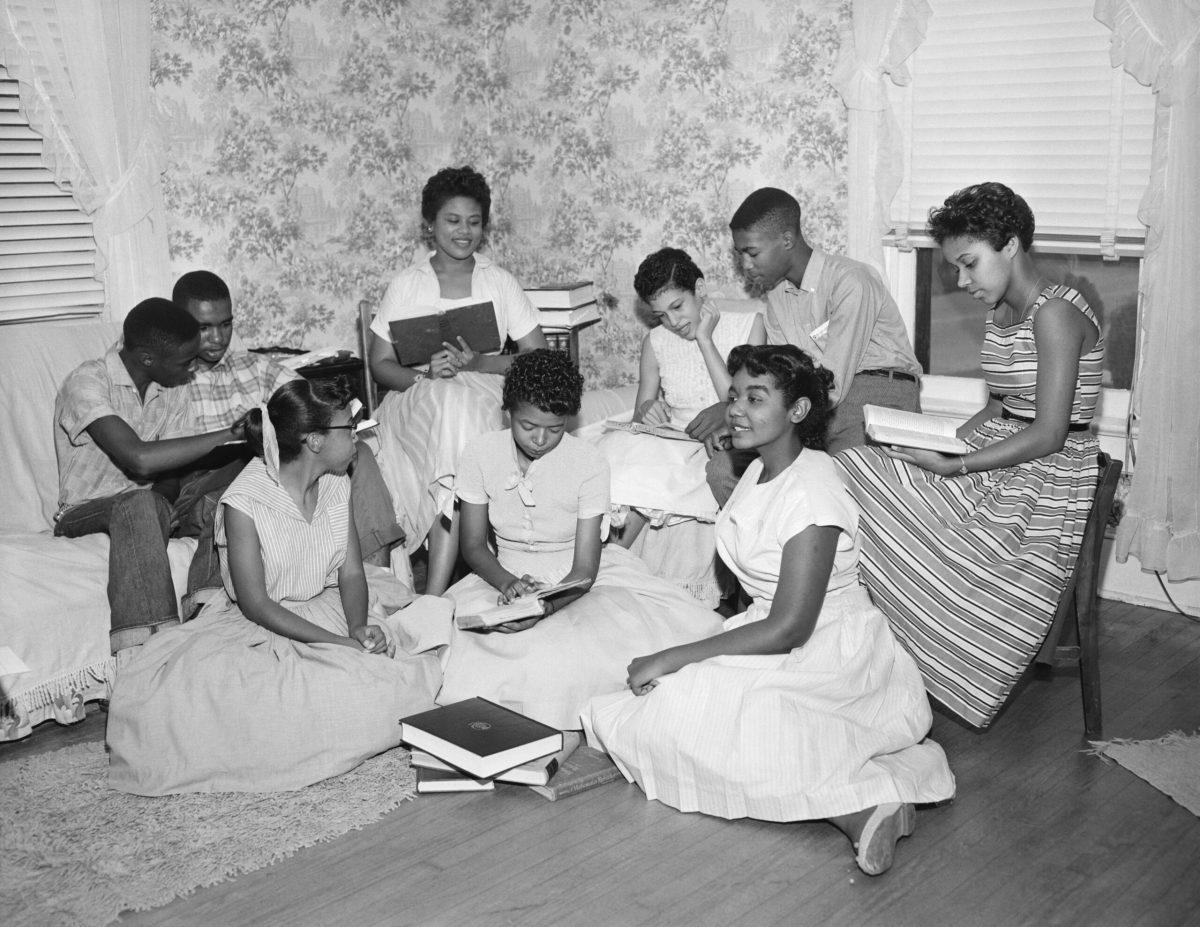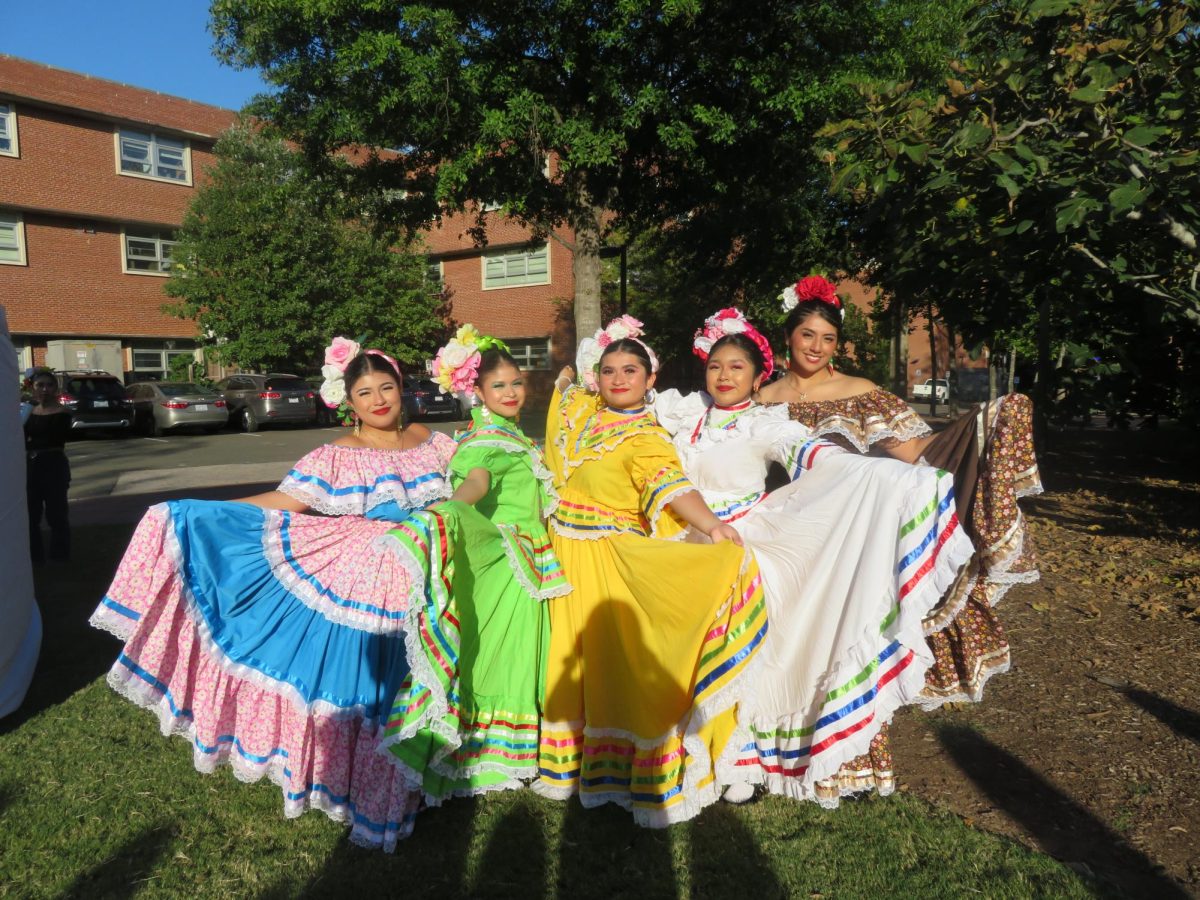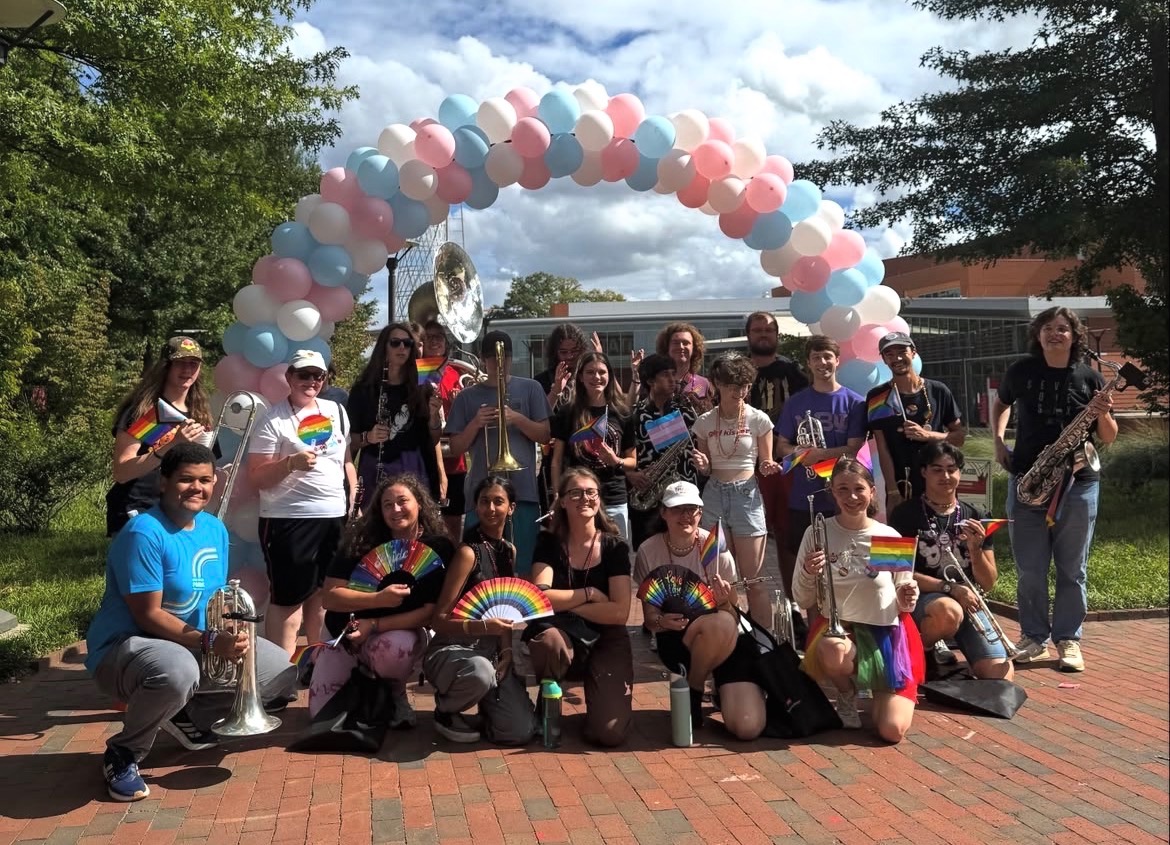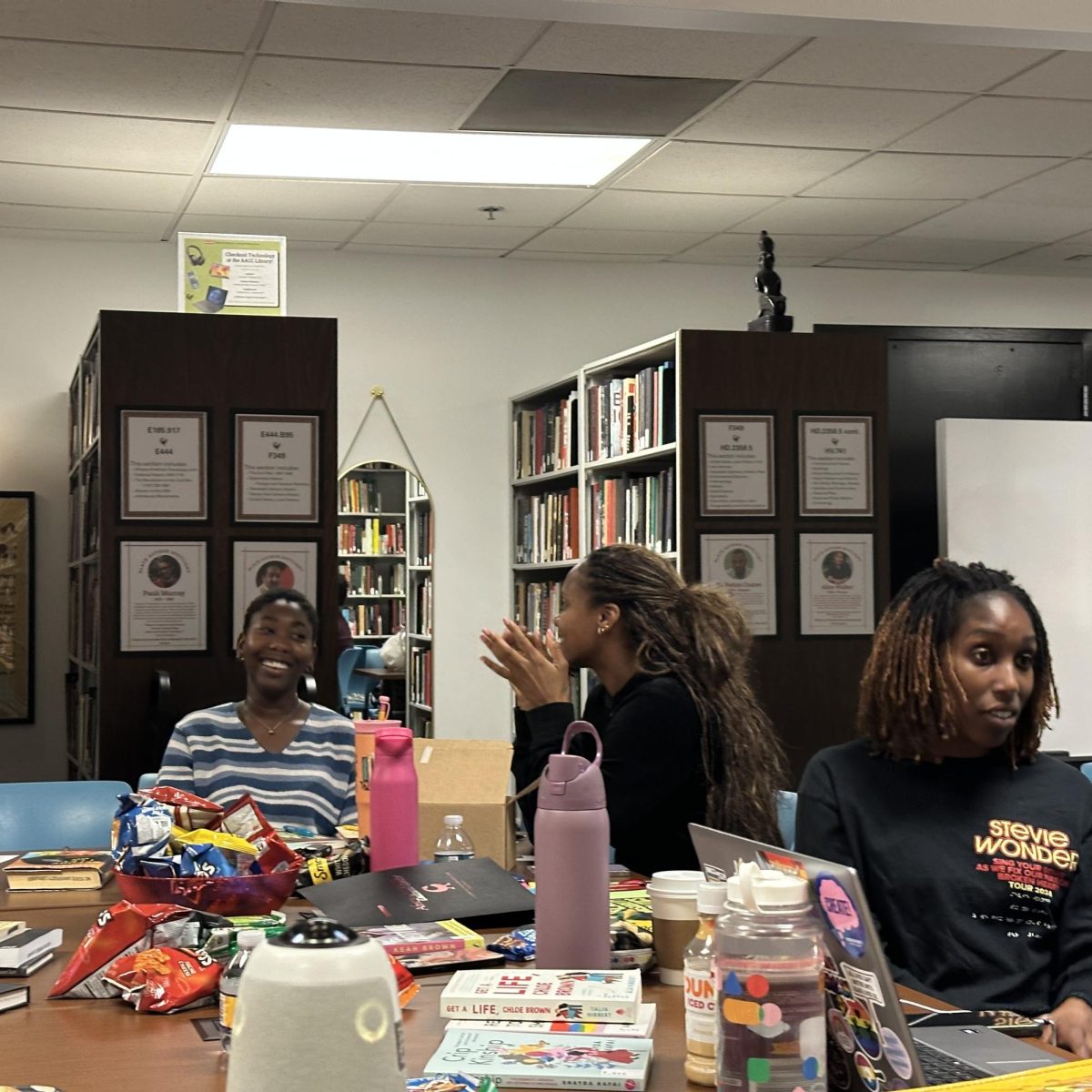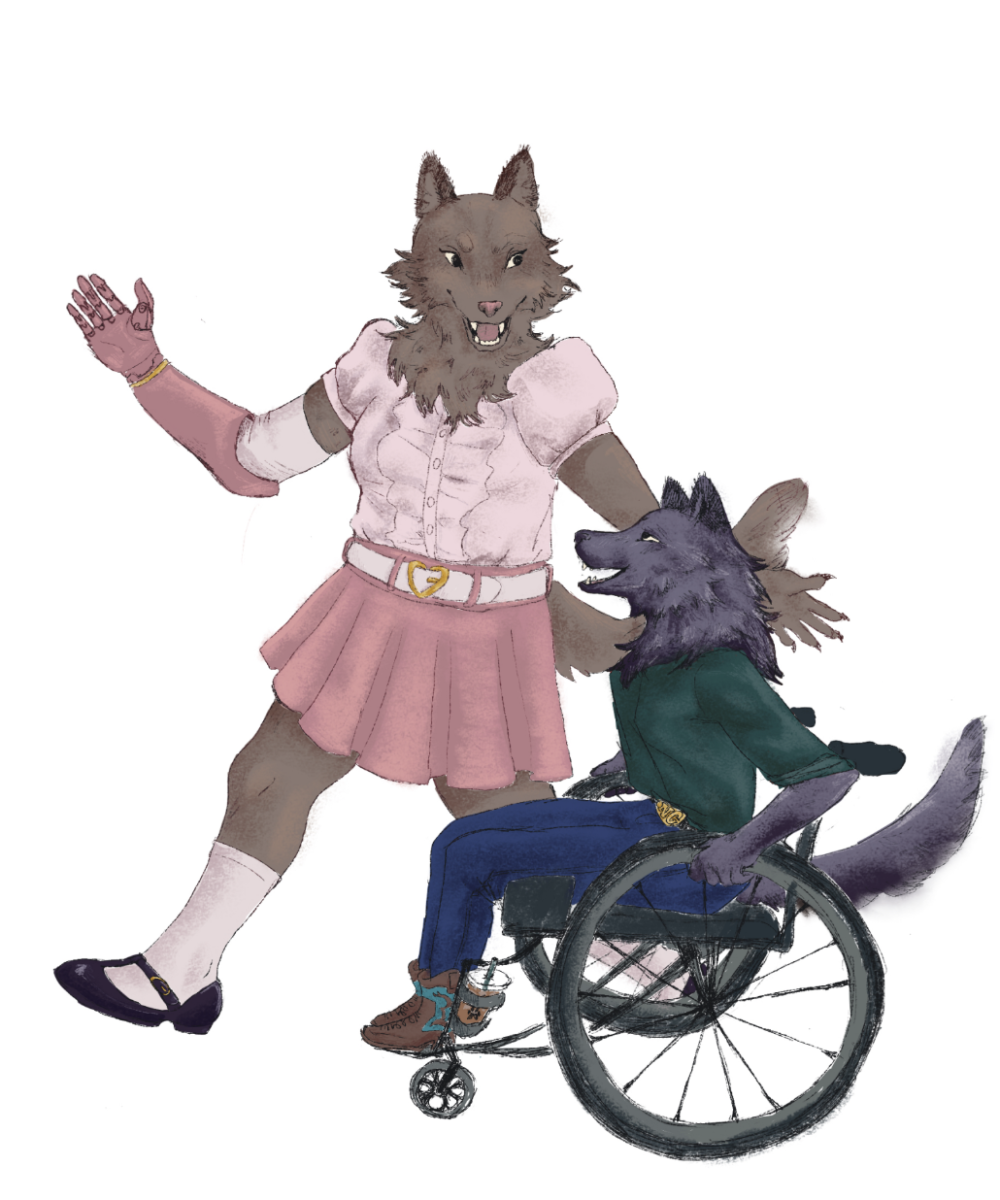Throughout history, art has been used as a form of resistance and a symbol of hope. In Black history, literature and poetry have been utilized by writers to illustrate their thoughts, form identities and promote unity throughout the Black community. Literature and poetry also have provided Black people with an escape from their everyday struggles.
Writers sometimes go overlooked when examining Black history. We at Nubian wanted to take the time to highlight a few iconic Black writers.
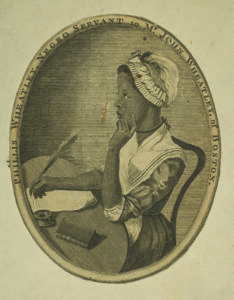
Phillis Wheatley (1753-1784)
Despite being enslaved, Philis Wheatly was one of the most prolific poets pre-19th century. She was the first African American to publish her poetry internationally, gaining acclaim in England and New England. Upper class Bostonians would even invite her to come read her poetry for them.
Wheatley was taught how to read and write by Mary Wheatley, the daughter of those who enslaved her. Wheatley went on to study astronomy, geography, history and British literature. She wrote her first poem “On Being Brought from Africa to America” at age 13. Wheatley’s work was an example of how Black people could be intelligent and creative.
Some of Wheatley’s most famous works are “To the University of Cambridge” in which she criticizes the students of Cambridge University for protesting being served stale butter when people like her could only dream of having an education. Another is “Poems on Various Subjects, Religious and Moral” a collection of 39 poems that were published in America and Great Britain. The collection received praise from readers and critics and she was offered the honor of being presented to King George III of England, however, she was unable to attend.
Phillis Wheatley’s work had heavy religious themes. The intent of the language she used is debated today as people question if she was using religion in her poems to represent slavery and the treatment of Black people. One thing however is for certain, Wheatley broke many glass ceilings.
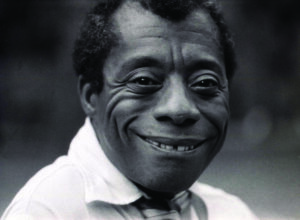
James Baldwin (1929-1987)
James Baldwin was a novelist, essayist and playwright. Baldwin’s works focused on race and would have themes of religion and sexuality. Many of his works drew from his own experience as a gay man who grew up in the Church. A few years after graduating from high school, Baldwin went to live in Paris for eight years. While in Paris, Baldwin wrote “Giovanni’s Room” (1956) a novel about an American man living in Paris struggling with his sexuality.
Once Baldwin returned to America in 1957, his fame as a writer grew alongside the civil rights movement. Baldwin’s writing often explored the psychological effects of racism on the oppressed and the oppressor. His writing style was often praised for how observant yet personal it was. Baldwin’s novels and plays take a realistic yet exploratory approach to racism and human nature. His novel “Go Tell It on the Mountain” represents this aspect of his writing well. The novel centers around the 14 year old John Grimes and his relationship with his family, his identity and his religion.

Zora Neale Hurston (1891-1960)
Zora Neale Hurston was a writer and folklorist during the Harlem Renaissance. Hurston attended Howard University from 1921 to 1924. She attended Barnard College from 1925 to 1928, studying anthropology. After graduating from Barnard she pursued graduate studies in anthropology at Columbia University. Hurston was heavily interested in Folklore which can be seen in many of her works. She published her study of folklore “Mules and Men” in 1936.
Hurston’s most popular work is “Their Eyes Were Watching God” (1937) a novel about the biracial Janie Crawford and her somewhat tragic story of trying to find love. Although known and respected, after her death she was mostly forgotten. Houston’s fame came years after her death when writer Alice Walker wrote the essay “In Search of Zora Neale Hurston ” which reignited public interest in Hurston.

Octavia Butler (1947-2006)
Octava Butler is known for her works and contributions to the science fiction genre. Her works combined science, mysticism and African American spiritualism. Butler was the first Black woman science fiction writer to gain national recognition and the only writer of her genre to receive a MacArthur Fellowship. She also won two each of the Nebula and Hugo awards, two awards very prestigious in the science fiction community.
Butler was the victim of cruelty at school and in her home life all she knew was working, for her, writing was an escape. Butler’s works would explore the “what-if” questions and present the reader with many moral issues. One of her most famous novels is “Kindred” (1979) in which Dana, a young black woman, is teleported between her home in 1979’s California and a pre-civil war Maryland. Another one of her famous novels is “Parable of the Sower,” (1993) a story set in the future that follows Lauren Olamina who can feel the pain
of others.
These Black writers and many others tell the story that don’t get discussed in the classroom. Take the time to look into some of these writers or feel free to do your
own exploration.
Originally Published 2/23/23

